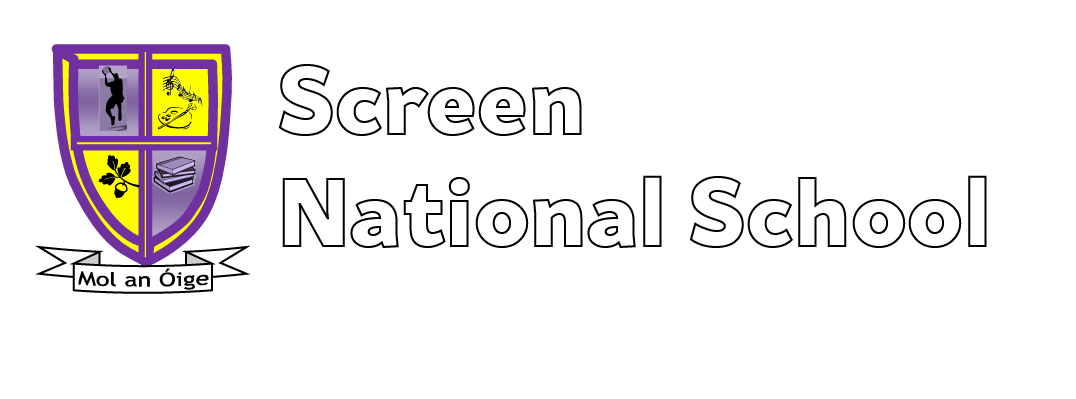Internet – Acceptable Use Policy
The Internet is a fantastic resource providing a wide range of opportunities for learning and communication. Access to on-line resources will enable pupils to explore and search for information throughout the world. The school believes that the benefits to pupils from access to information and increased opportunities for collaboration exceed the disadvantages. However, the Internet is not controlled by any organisation and therefore there are risks involved with its use. The associated risks come in two categories :
a) contact: being exposed to undesirable people
b) content: accidentally being exposed to undesirable material.
The aim of this acceptable use policy is to ensure that pupils will benefit from learning opportunities offered by the school’s Internet in a safe and effective manner. Internet use and access is considered a school resource and a privilege. Therefore, if the school AUP is not adhered to this privilege will be withdrawn and appropriate sanctions, as outlined in the AUP, will be imposed.
It is envisaged that school and parent representatives on the Board of Management will advise the AUP annually. Before signing, the AUP should be read carefully to ensure that the conditions of use are accepted.
The school will employ a number of strategies in order to maximise learning opportunities and reduce risks associated with the Internet. These strategies are as follows :
General:
1. The teacher will be present in the classroom while the Internet is in use.
2. Nanny, filtering and virus software shall be installed and routinely updated on every computer with Internet access.
3. Websites will be book marked in the favourites folder once previewed and approved by the teacher.
4. Only child centred search engines will be used.
5. Pupils may only enter chat rooms if they have asked permission from their teacher and it will aid learning. The chat rooms must be age appropriate and pupils must be aware of chat room etiquette.
6. The pupils must never give out any personal information on the Internet.
7. If a pupil should come across anything undesirable they must log off immediately and inform their teacher.
8. In order to monitor Internet use, the computers cookies and browser history folder will be checked on a regular basis.
9. Pupils must not upload or download files or open e-mails until their teacher has checked them and scanned using virus software.
10. Pupils and teachers will be provided with training in Internet usage.
11. Students will observe good “netiquette” at all times and will not undertake any actions that may bring the school into disrepute.
